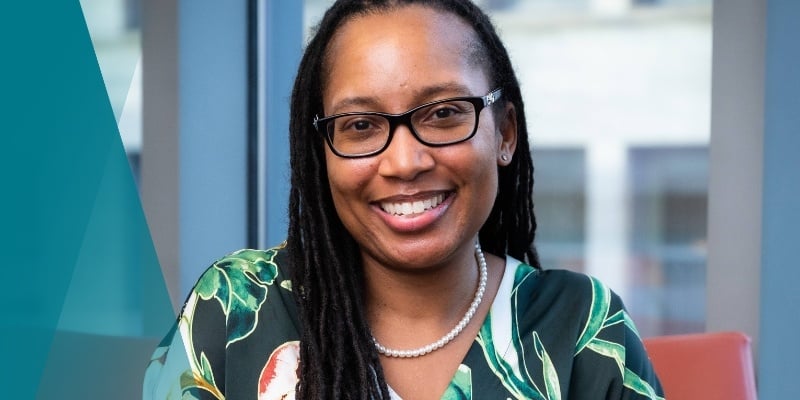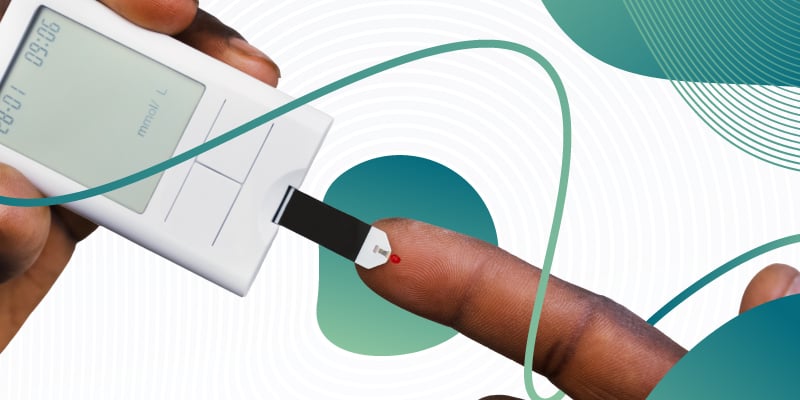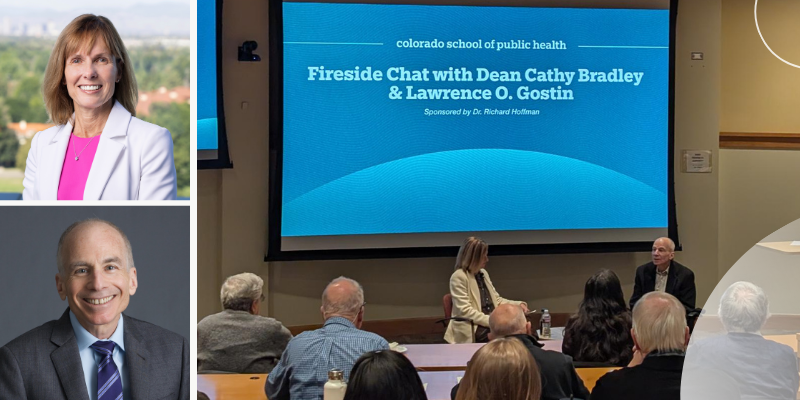How are humans unique from Artificial Intelligence (AI)? According to Dr. Brandeis Marshall, who recently spoke at ColoradoSPH, “you are un-AI-able” and “you have the ‘it’ factor.” In this case, the “it” factor she’s referring to is being a human.
Marshall, author of Data Conscience: Algorithmic Siege on our Humanity, said in her presentation, “Let’s Talk: Why AI will not Replace you.”
Brandeis said that while AI and machine learning (ML) are helpful tools, they will not replace humans. For example, she said, that while AI can provide choices and options, it can’t provide things unique to humans, such as critical thinking, lived experiences, and expertise.
Marshall spoke as part of the 2024 Dean’s Speaker series. As a former faculty member at Purdue and Spelman College, she spoke to audiences of more than 100 throughout the day, about how to proactively incorporate AI into higher ed.
She said AI tools, such as ChatGPT, Gemini, Co-Pilot, and more should be used to look up definitions, brainstorm, and make reservations. They can even be incorporated into the classroom, with some caveats. For example, she urged faculty to demonstrate an AI platform to students during a lesson so that they can learn how to use it, but also understand that many tools still require time and are often behind a paywall. To defend against students using AI for other things, such as looking up the answers to test quests, she urged faculty to recycle their questions less often.
Before using any platform, she said, it’s important to understand the application, the intended audience, and your objective.
“Be cautious and intentional,” she said, as many new untested and untried tools flood the market.
She said that before using any AI platform:
- First, use your skills, your degrees, certifications training, etc.
- Second, use your experiences: research, community work, etc.
- Third, use your expertise (which is a combo of skills and experiences).
- Fourth, then use AI as a tool.






